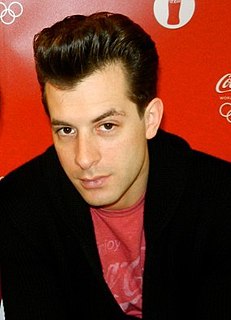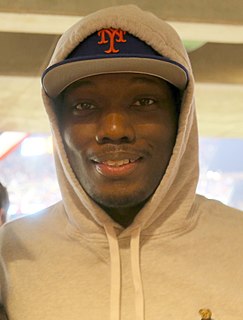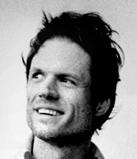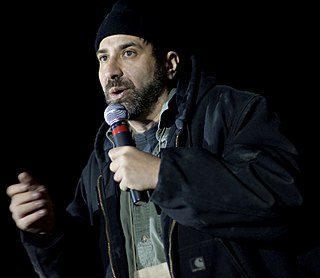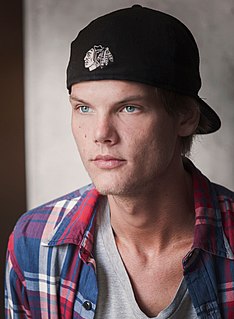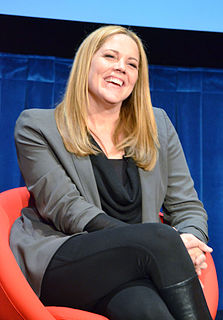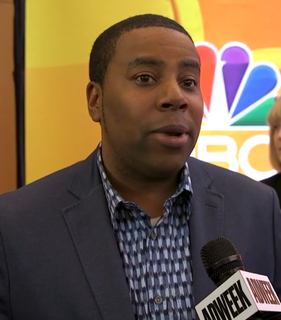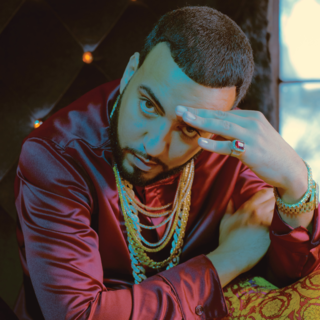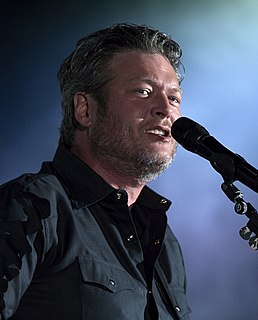A Quote by Nas
You know, rap is sort of like a form of talking, right? So it's like you can hear, you know, the slaves doing it. You can hear, like, you know, Africans and Jamaicans doing it just kind of as, like, a rhythmic, poetic conversation, you know, to a rhythm.
Related Quotes
Then, you know, the other more-traditional role of the producer in, like, the kind of Quincy Jones sense is kind of part arranger. So you're coming up with, like, these - you hear these songs that are quite bare-bones, and you dream up what's the band doing? What's the rhythm section doing? What's the guitars, strings, pianos - that sort of thing. It's almost like a little toolbox.
We just, you know, we're just sort of doing it like Bewitched, because we just think that the character of Kenny is so specific and so outrageous and so fun. And by far the hardest character to cast out of everybody to find someone who was capable of, you know, doing, you know, the comedy and just with the broadness and to be also just a really brilliant actor, you know, to do naturalism.
I can watch an episode of Jerry Seinfeld, and by the end, I'm just walking around my house, you know, talking like Jerry Seinfeld. 'What is that? What are you doing? Who is it? What's going' - you know, I just had that thing, when I grew up, I'd just start talking like people. You know, I always had that.
In American commercials in the past year or two, I don't know, the singers all sound like they're whining and the music's all melancholy. It's sort of like, I hear these commercials and it makes me feel sad, you know? Like - for instance, my barley tea is gone. Now, there's music out there that encourages you, when your barley tea has run out, to just sort of sit there and be like "My tea ran out. Oh, man." And just be slouching. So we wanted to make music that when your tea runs out, instead you're like, "I'm gonna go get some more tea!" You know? It just gives you the energy.
I'm sorry, was that homophobic? No--I think it was, 'cause I hear that a lot. Dave, What?, You're talking about being gay. You probably secretly are gay. And I'm like listen voice in my head, I'm not! HOW DO YOU KNOW YOU WOULDN'T LIKE IT? HOW DO YOU KNOW YOU WOULDN'T LIKE IT? I know I wouldn't like it, other scarier voice in my head! 'Cause one time while making a sandwich, a cucumber went up my ass. Three times.
I guess I think like deep inside, I know that it's like, it's a different kind of performing, it's not really... You're not performing like a guitar player or a singer is performing, you know what I mean? So it's weird to be in the same type setup as one of those. 'Cause I'm not really doing much, you know, like technically it's not that hard.
Acting is always sort of the same - like you want to be - you know you're pretending and you want to make it as real as you can. That's the similarity. The mediums other than that are completely different. I mean you know with camera work you're doing really small detailed work and you know if you do anything too big you've sort of failed. And with stage, especially with the play I'm doing right now, I'm doing a farce, and it's so over the top that you can't actually be too big. So it's just completely different.
It's just a challenge doing live television every week, you know, it's a challenge to come up with new material every week and stuff like that and try to keep it current, you know what I mean, like it's just, you know, it's a kind of a stressful environment. Like I didn't really realize that we had a show this Thursday until yesterday.
I feel like a lot of the films I do, part of the reason I like doing them is I'm not 100 percent sure what it's going to be. It's exciting. I read an equal amount of very generic scripts, and you kind of know exactly what those are and that doesn't whet my appetite. I already know what it is or I already know what the character is. It's just a lot harder to get interested.
I guess, like, I've always listened to rap, and I remember I specifically started listening to, like, pop-rap when I was, like, 11, you know, like Shaggy. I love Shaggy. And then I discovered, like, underground rap when I got to high school, and really, that's when it kind of blossomed. I don't feel like my love for rap blossomed off of Shaggy.

